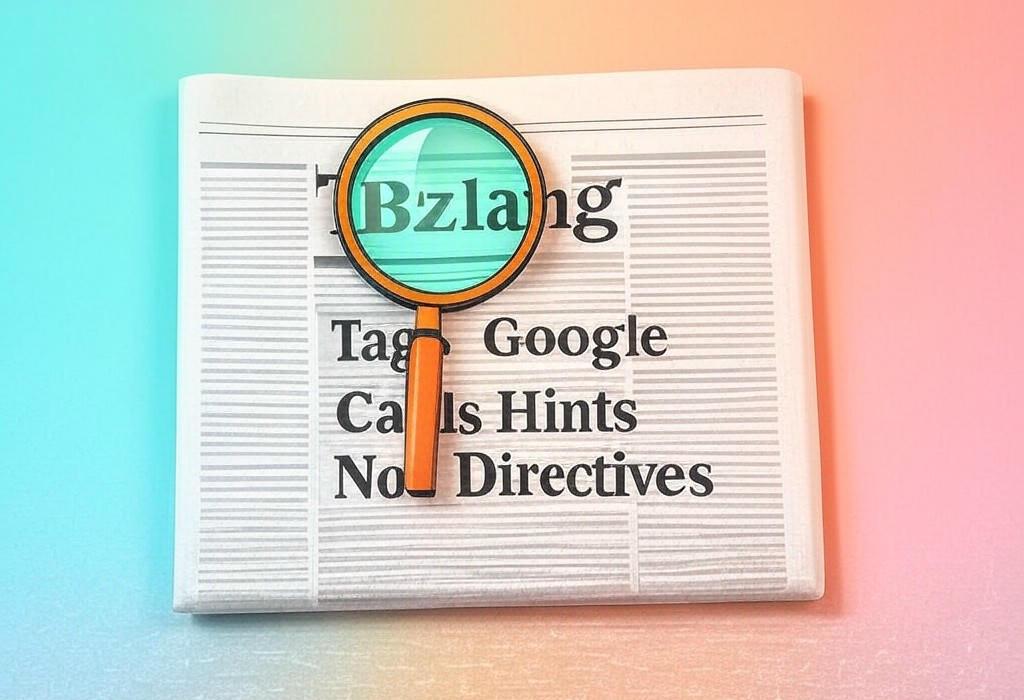
Hreflang Tags: Helpful Hints, Not Ironclad Rules for Google
Ever wrestle with getting Google to show the *right* page version to your international audience? You set up those hreflang tags perfectly, yet sometimes… things seem off.
Well, Matt G. Southern recently shed light on a crucial reminder from Google itself that might explain why. It turns out Google views your hreflang tags more like helpful suggestions, or “hints,” rather than strict commands it absolutely must follow. Think of it like offering directions versus setting a locked GPS route.
Why the Flexibility?
Google’s number one job is giving the searcher the best experience and the most relevant page. So, as Matt G. Southern explains, Google considers your hreflang input alongside other signals. These can include the user’s actual location, their browser language settings, and even the specific content on the pages. If Google believes another page variant is a better fit for that specific user, despite your hreflang tag, it might choose to show that one instead.
Don’t Ditch Hreflang Yet
Now, this doesn’t mean you should ditch hreflang! Far from it. Matt G. Southern’s piece also touches on how often mistakes in setting up hreflang are the real culprit when pages aren’t shown as intended. Getting the technical details right is still incredibly important.
My Take: Focus on Relevance
This news reinforces that international SEO isn’t just about ticking technical boxes. Yes, implement hreflang correctly – that’s non-negotiable. But also ensure the content on each regional or language version truly serves that specific audience. Google wants the best for its users, and it will use multiple clues, including your hreflang hints, to figure that out. Getting those hints right gives you the best shot, but ultimately, Google reserves the right to make the final call based on what it sees as the most helpful result.
Read the Full Analysis
This nuance is key for anyone managing websites across borders. For the full context and Google’s direct comments, I highly recommend reading the original analysis. You can find Matt G. Southern’s report on Google treating hreflang as hints right here.
